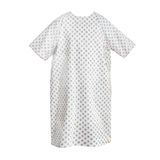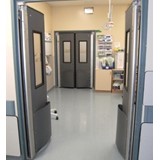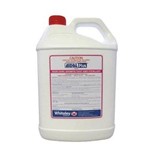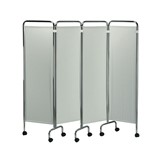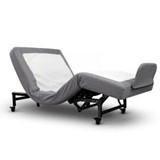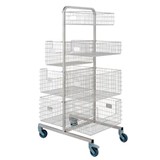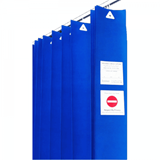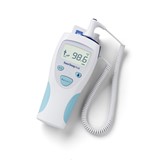The Deloitte Triage Benchmarking Review was commissioned by the Department following allegations that triage data was being inappropriately manipulated by NSW Health staff in order to meet key performance benchmarks.
The Deloitte review did not identify any instances of inappropriate data manipulation for electronic patient records that were matched to supporting paper documentation.
Deloitte audited 498,000 electronic patient records covering presentations to 11 hospitals - Concord, Gosford, John Hunter, Liverpool, Mona Vale and District, Nepean, Prince of Wales, Ryde, St George, Westmead and Wollongong - between January and December 2007.
The review found that patient ED presentations are largely documented in accordance with NSW Health Emergency Department Data Definitions - the triage 1 to 5 scale - and that no instances of inappropriate data manipulation were found.
The report also acknowledged that NSW Health had taken significant and successful steps in rectifying a lack of consistency in the capture, processing and triaging of patients across the reviewed hospitals.
NSW Health's first generation of electronic data collection 'EDIS' (Emergency Department Information System) is being replaced by new software known as 'FirstNet' which is being progressively rolled-out across the state's public hospitals. Deloitte was critical of some aspects of the EDIS system, specifically poor audit trails, access controls which can permit generic user-accounts and the ability for a user to retrospectively modify patient data without the author of the changes being identified.
The Deloitte report noted that the newer FirstNet program is addressing such shortcomings. Changes made to data in FirstNet, including triage time and category, are automatically recorded and retained using an electronic signature, creating an audit trail that cannot be erased.
Deloitte did identify isolated occurrences of triage times being recorded as compliant if category three patients were seen within three minutes or less of the 30 minute benchmark, and triage 1 patients automatically recorded as being seen within the two minute benchmark because staff considered it highly unlikely that patients presenting in an 'immediately life threatening' condition would be delayed. These practices of assumed compliance were immediately stopped when they were brought to the attention of ED management.
NSW Health has accepted all five recommendations contained in the Triage Benchmarking Review, including a standardised ED administrative system, standardised patient-first-seen times, and strengthened data audit capabilities and practice.
The review also highlighted the way Emergency Departments are meeting performance expectations. Of the half-a-million patient records reviewed, the 11 audited public hospitals complied with or exceeded all but one triage category.
Category 1
Immediately Life Threatening - To be seen within 2 minutes
Benchmark requirement 100% - Compliant
Category 2
Imminently Life Threatening - To be seen within 10 minutes
Benchmark requirement 80% - Compliant
Category 3
Potentially Life Threatening - To be seen within 30 minutes
Benchmark requirement 75% - Outside benchmark by 8.2%
Category 4
Potentially Serious - To be seen within 1 hour
Benchmark requirement 70% - Compliant
Category 5
Less Urgent - To be seen within 2 hours
Benchmark requirement 70% - Compliant

